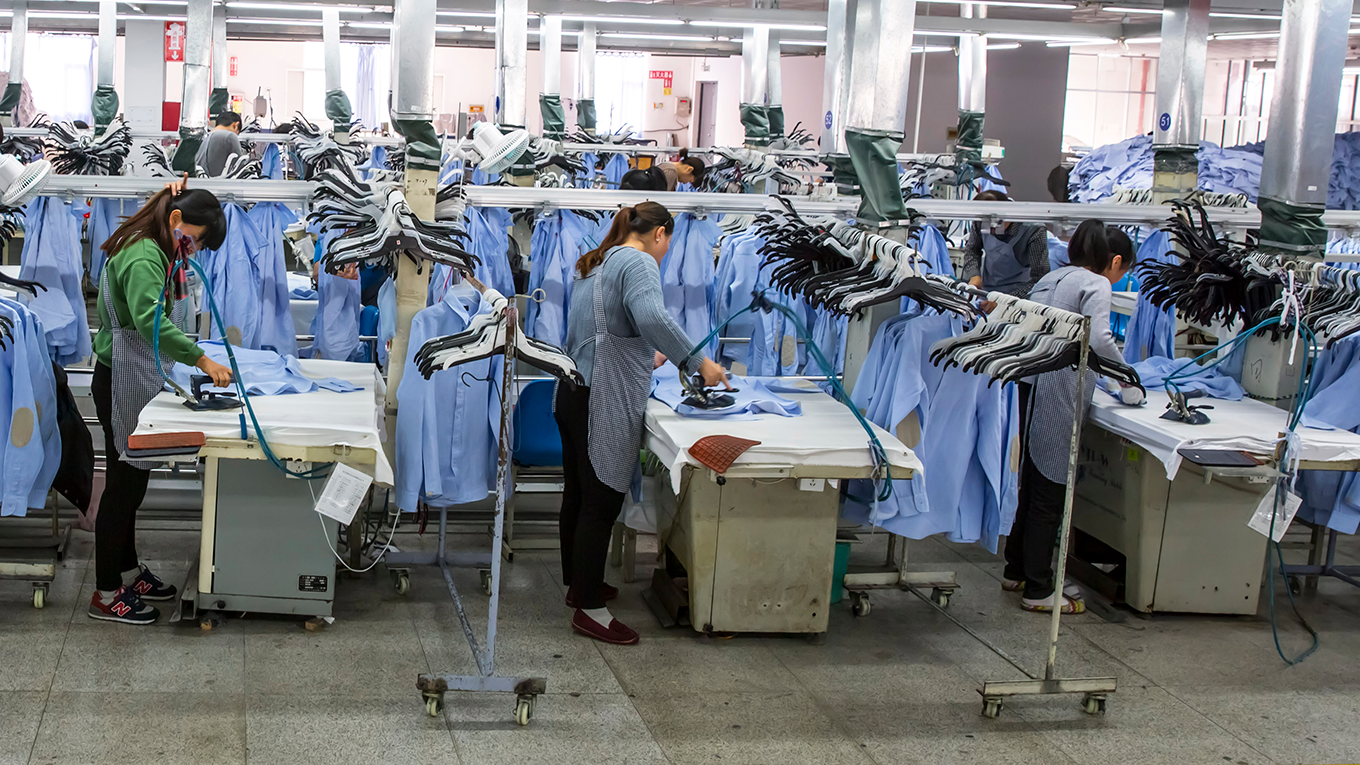

This lockdown is now leading to “a reported global surge in domestic violence – much of it triggered by stress, financial difficulties, and alcohol consumption.” One of the key concerns also remains the broader scale of gender equality being hit, as the article describes, “COVID-19 crisis endangers not only these women’s jobs, but also the potential for gender empowerment more broadly.” The effect of female earnings contributing to a household income had its positive impacts ranging from strengthened gender relations to an effective decision-making ability.

“The garment industry was a ray of hope to many employers as a starting point in the economic workforce with the promise of skills and independence leading to a better quality of life.” “Women make up over three-quarters of the global garment workforce, and thus have the most to lose from the downturn,” says Pike. This becomes a greater crisis for developing and emerging economies when you consider things like clothing manufacturers from developed countries who outsource their work.

The economic fallout predicted by the International Labour Organization during the pandemic projected 195 million workers to be left unemployed worldwide. Project Syndicate has around 80 authors who submit opinion commentaries on a regular or monthly basis.Professor Kelly Pike highlights areas of acute threats COVID-19 poses to women workers of developing nations in her most recent article published in Project Syndicate co-authored with Beth English. More than half of Project Syndicate's partners receive their content at a discounted rate, enabling relevant and valuable content to reach readers in areas where media freedom and funding are restricted.

Project Syndicate translates its columns from English into 13 languages, including Arabic, Chinese, Czech, Dutch, French, German, Hindi, Indonesian, Italian, Kazakh, Norwegian, Polish, Portuguese, Russian, and Spanish. Project Syndicate has also received grants from George Soros's Open Society Foundations, The Politiken Foundation in Denmark, Die Zeit, ZEIT-Stiftung, and The Bill and Melinda Gates Foundation. Ī not-for-profit organization, Project Syndicate relies primarily on contributions from newspapers in developed countries, which make up roughly 60% of its membership base, to enable it to offer its services at reduced rates, or for free, to newspapers in countries where journalistic resources may not be readily available. RealClearWorld also named Project Syndicate one of the top five world news sites for 2012.
#SYNDICATE PROJECT CLOTHING SERIES#
It also offers monthly series dedicated to Africa, Europe, Asia, and Latin America, as well as to China and Russia. Project Syndicate, which Ezra Klein described as "the world's smartest op-ed page," provides commentaries on a wide range of topics, from economic policy and strategies for growth worldwide to human rights, Islam, and the environment. As of 2019, it has a network of 506 media outlets in 156 countries. All opinion pieces are published on the Project Syndicate website, but are also distributed to a wide network of partner publications for print. Project Syndicate is an international media organization that publishes and syndicates commentary and analysis on a variety of global topics.


 0 kommentar(er)
0 kommentar(er)
